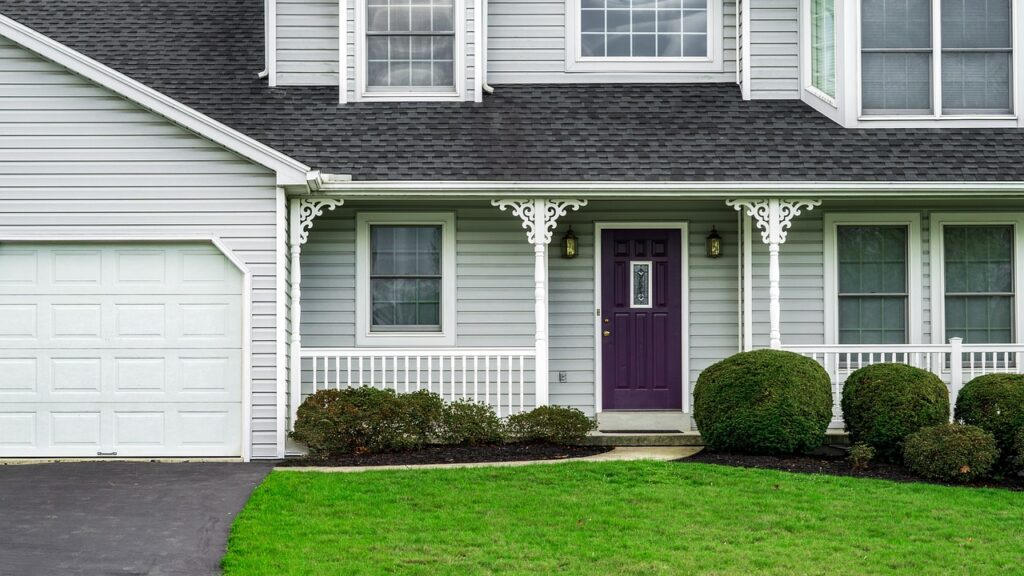Owning a house in Australia comes with various costs beyond the initial purchase price. Much more than what is commonly sold to us, in fact in many cases house ownership is the worst investment anyone in Australia can make.

Some of the many common expenses associated with homeownership in Australia:
- Mortgage Payments: Commonly the largest ongoing cost is the mortgage payment. This combines both the principal amount borrowed and the interest charged by the bank or lender. This is in particular more impactful during times of high interest rates.
- Property Taxes (Council Rates): Property owners are required to pay council rates to their local government authority. These rates contribute to local services such as garbage collection, road maintenance, and parks. Rates are commonly similar in cost or a little bit less than inflation, thus rendering many of the gains that are made on the property over time.
- Home Insurance: Homeowners often purchase home insurance to protect their property against damage or loss due to events such as fire, theft, or natural disasters. In some cases governments even force home owners to have certain insurance even when the risk is near zero. The cost of home insurance can various factors depending on factors such as the value of the property and its location.
- Utilities: Homeowners are responsible for normal costs of life such as paying utility bills such as water, electricity, gas, and internet. The cost of utilities can vary depending on factors such as the size of the property, where you live, energy efficiency measures, and usage patterns. The good news about some energy costs is that they can be reduced by adding solar to the house to reduce electricity costs or a water tank to offset a lot or all of the water costs.
- Maintenance and Repairs: Homeowners are responsible for maintaining their property and covering the costs of repairs. This includes routine maintenance tasks such as gardening, cleaning, and servicing of appliances, as well as unexpected repairs due to wear and tear or damage. Maintenance can easily be up to 2% of the value of the house per, unfortunately this is only a known cost more so when you buy a house vs renting.
- Strata Fees (for Apartments and Townhouses): If you own a property that is part of a strata scheme (such as an apartment or townhouse), you may be required to pay strata fees. These fees contribute to the maintenance and upkeep of common areas such as gardens, swimming pools, and elevators.
- Stamp Duty: Stamp duty is a tax levied by state and territory governments on the purchase of property. The amount of stamp duty payable depends on factors such as the purchase price of the property and the location.
- Legal and Conveyancing Fees: When buying or selling a property, homeowners incur legal and conveyancing fees. These fees cover the cost of services such as property searches, title transfers, and contract preparation.
- Home Renovations and Improvements: Many homeowners choose to undertake renovations or improvements to their property to enhance its value or meet their changing needs. The cost of renovations can vary widely depending on the scope of the project.
- Homeowners Association Fees (if applicable): In some communities, homeowners are required to pay fees to a homeowners association (HOA) or body corporate. These fees contribute to the maintenance of common facilities and enforcement of community rules and regulations.
In Summary – A House is not an Investment
In summary house ownership minus mortgage costs or HOA is not a good investment compared to many index funds, as an example the ASX200 or the SP500 index have an average yearly gain of around 10% per year with little to no costs to the holders of these funds whereas house owners tend to hope for an appreciation of house value of around 5% per year, however if you are a house owner you must deduct yearly rates costs, maintenance and these quickly add up on average to around 3% of the houses value per year, thus many house owners do not offset inflation costs as the yearly average gain after costs and taxes is around 2% or a bit less.
It is very important that people take these costs into account before considering thinking of housing, it is not an investment, a house is a liability, if you want an investment put your money in low cost assets like the SP500 or ASX200 or Gold or Silver or BTC. Over time these will tend to appreciate much more than inflation thus being a much better store of value which is essentially what investing is all about.
In other words, if you want a house in my opinion, only buy it to live in, not as an investment as other assets perform much better long term than a house, by far.

2 thoughts on “The Scary Real Costs of a House in Australia”